In Low- and Middle-income group countries, Hepatitis B and C vaccination coverage among healthcare workers is very low for various reasons, including awareness, risk assessment, and low priority given by the health managements of both government and private hospitals. There are lacunae in terms of training, of both healthcare workers as well as management to enable them to focus on the current situation of Hepatitis vaccine status in the healthcare workers of India, and provides updated guidelines to manage the accidental exposure to hepatitis B virus-infected biological materials in healthcare workers. There is a need to educate the healthcare workers about Viral Hepatitis, available vaccines, post-vaccine immune status, and post-exposure prophylaxis.
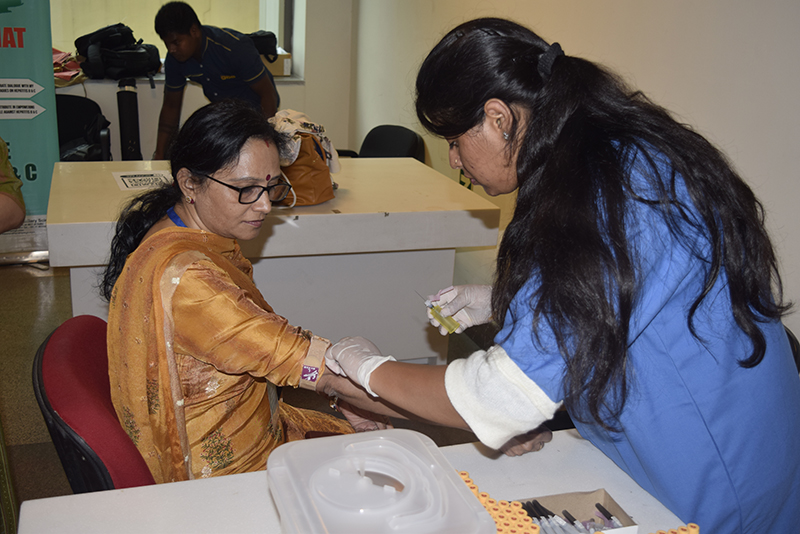
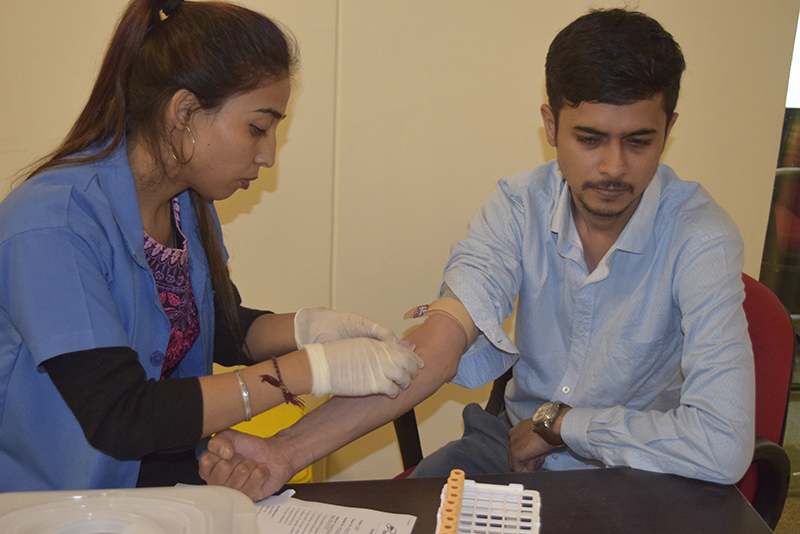
In addition, efforts are required to encourage regular screening and immunization for Hepatitis B and C of healthcare workers. There is need for promoting immunization among health care workers, as in a study done at a tertiary care hospital, in Delhi, only 55.4% were reportedly vaccinated against Hepatitis B. However, the data was not explicit to describe the number of vaccine doses. Of late, a prospective study to evaluate the vaccination rate at the All India Institute of Medical Sciences, the premier medical institute of North India was done, and it was found that 52-59% of healthcare workers, in different categories, had taken hepatitis vaccine (unpublished data). This indicates that there exist major lacunae in awareness and vaccination programs.
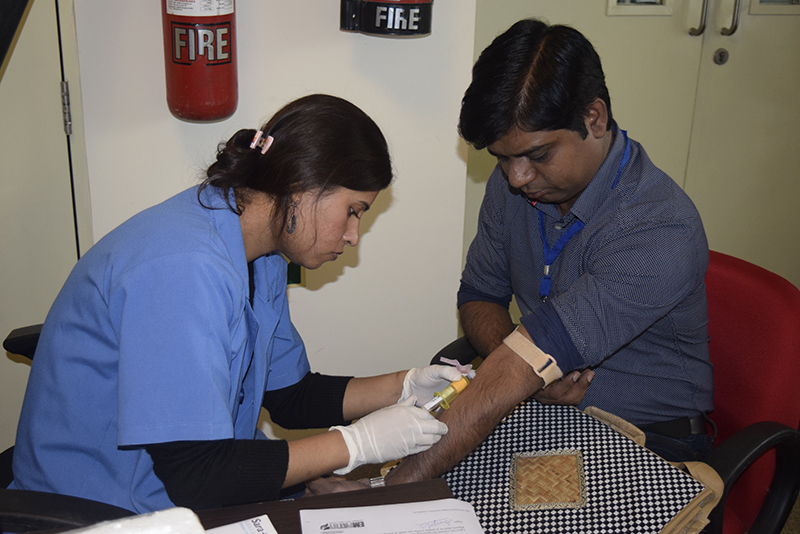
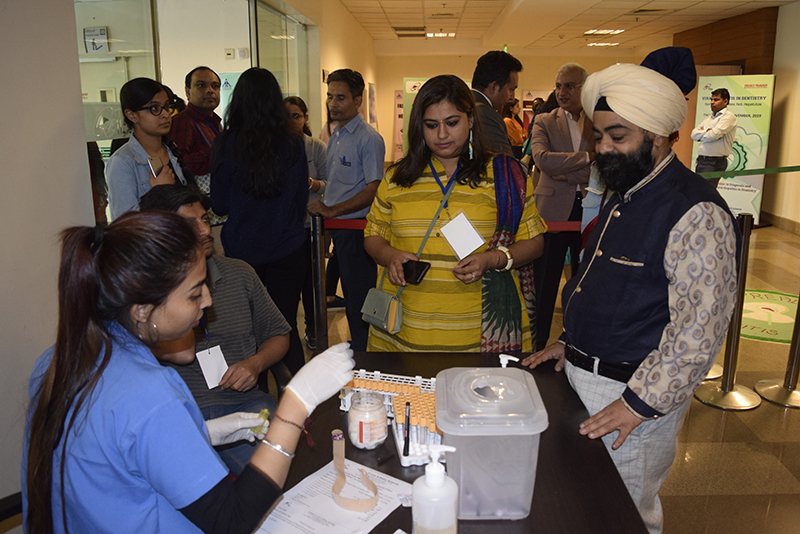
In light of the above, project PRAKASH aims to collaborate with government agencies and healthcare institutions to promote hepatitis B vaccine among healthcare workers. The program will be conducting camps in hospitals to ensure maximum healthcare workers working in these institutions are vaccinated. In addition, lectures on infection prevention will also be conducted for all levels of healthcare workers to promote safe and effective patient management.
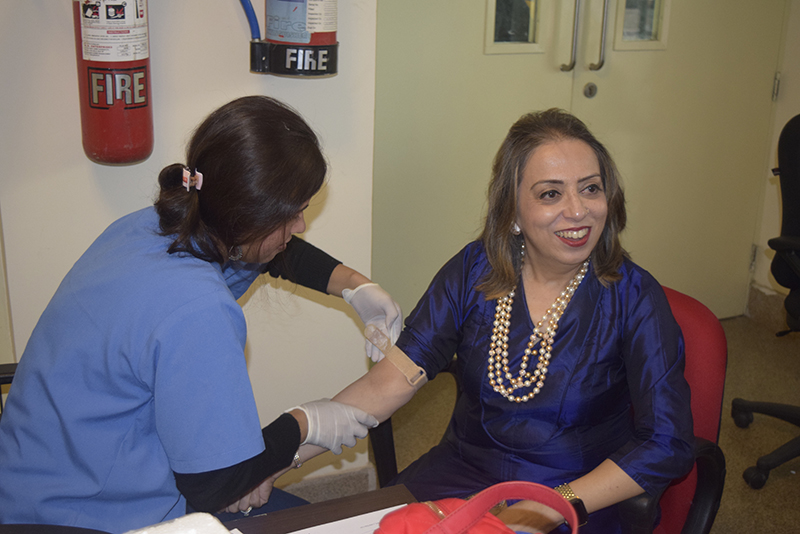
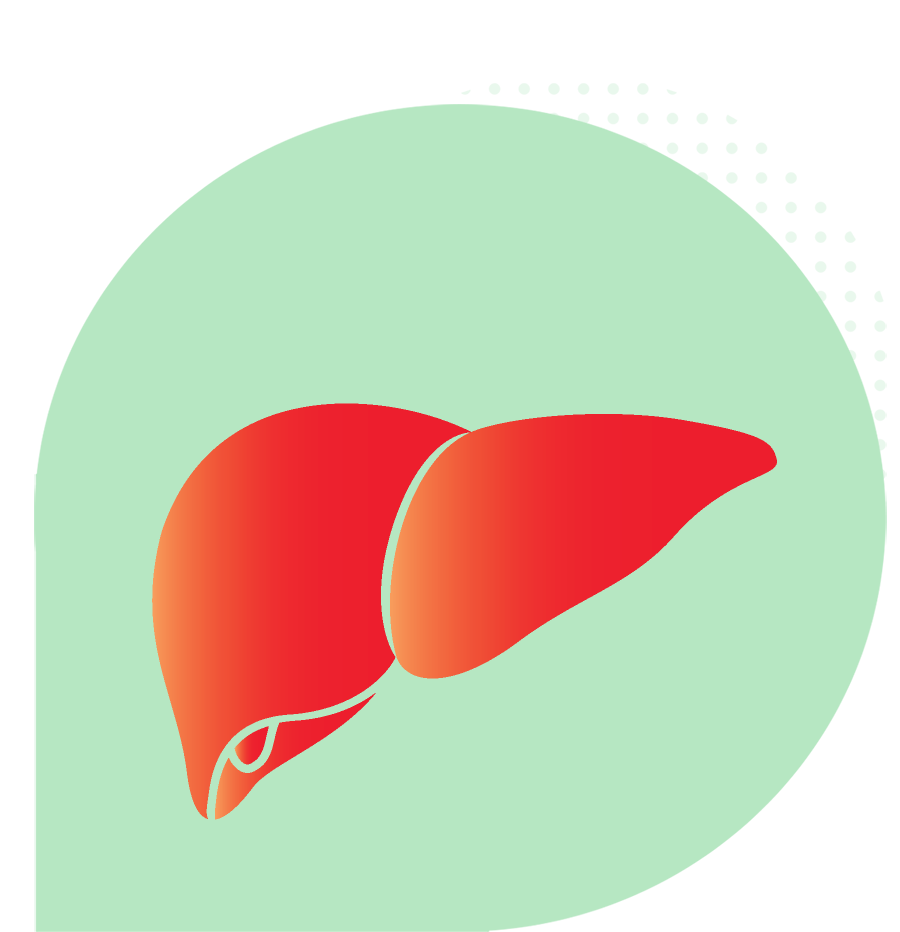

Call us now

Drop us an email

Monday to Saturday
